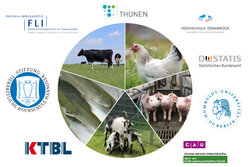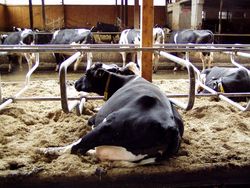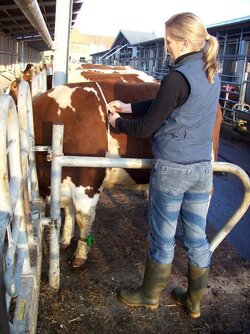Organic animal husbandry claims targeting an excellent animal health and animal welfare. This is reflected in expectations of society towards processes in organic farming. The health of farm animals therefore is of great significance.

© Jan Brinkmann
Prevention of is crucial to maintain herd health and welfare. In all parts of the environment behavioral and biological needs of the animals has to be taken into account in order reduce stress. On the other hand herd management and hygiene are needed to reduce infection prevalence and not to overstraine the adaptability of farm animals in the farm environment
Scroll to top

![[Translate to English:] [Translate to English:]](/media/_processed_/8/e/csm_Bildschirmfoto_2021-03-03_bearb_fc48ac88bf.jpeg)
![[Translate to English:] [Translate to English:]](/media/_processed_/8/e/csm_Bildschirmfoto_2021-03-03_bearb_ba3ec0e9d7.jpeg)
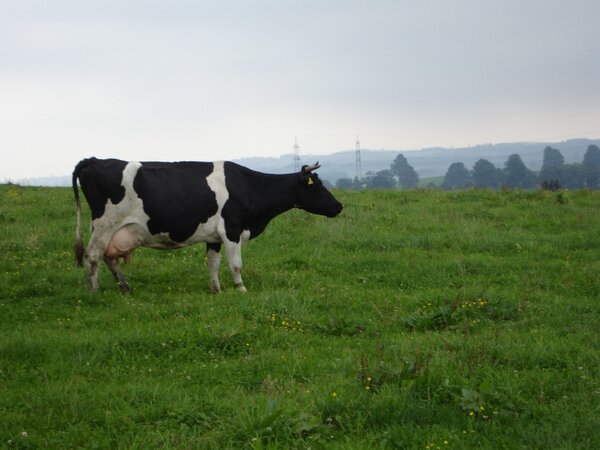
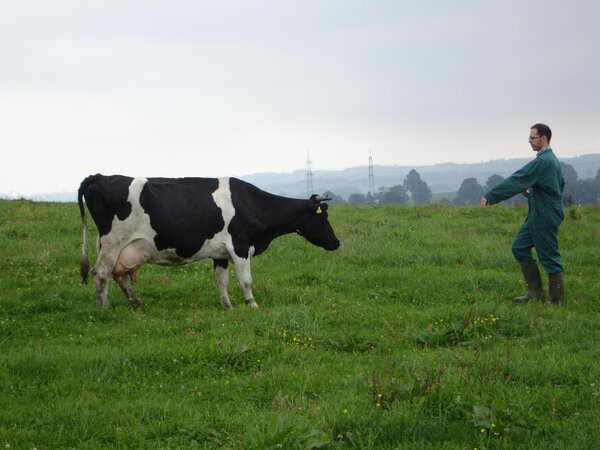
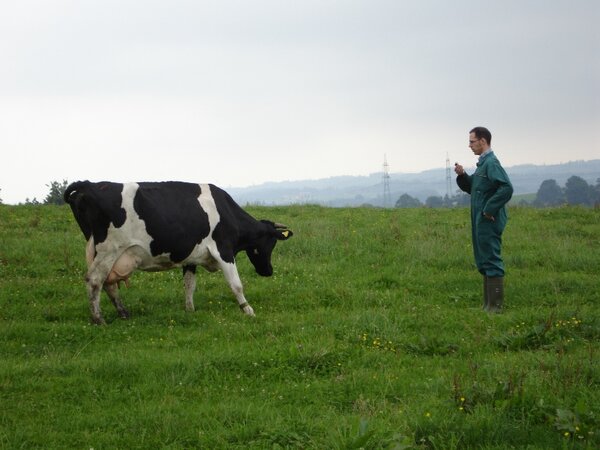
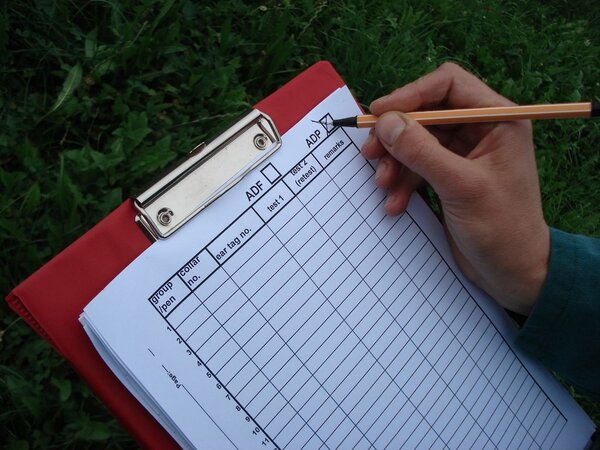
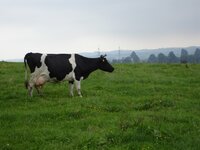
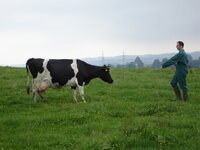
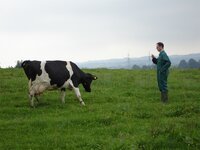
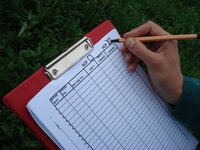
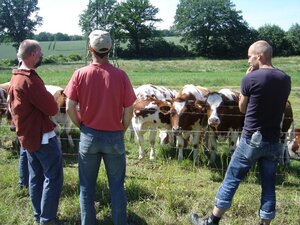










![[Translate to English:] Ö-Ko-Tier](/media/_processed_/1/5/csm_OeKoTier_Logo_farbig_2d6a0cc09c.png)
![[Translate to English:] Animal welfare, competence and cooperation between learning locations](/media/_processed_/e/d/csm_TiKoPLUS_InnoVET_Logo_TiKoPlus_46c4051890.jpg)
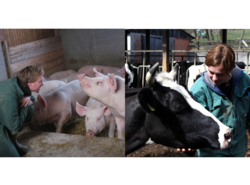
![[Translate to English:] EIP- Animal Welfare-Check](/media/_processed_/2/d/csm_TierwohlCheck1_0022454c6a.jpg)


